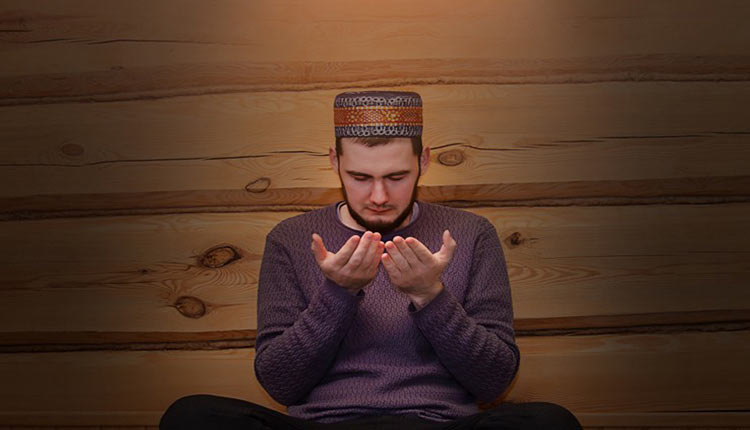Supplications for various occasions and reciting them in Arabic vs our language
Are there essentially special supplications for every occasion like when stepping out of the house, when somebody has a specific ailment, and so on? I am probably wrong but I have serious reservations on this especially when usually it is not even known what the actual meaning of the du’a is. I just think that is it not better for us to pray in our own language and say what and how we feel (if we know Arabic, that is a plus)?
Answer
There are most certainly supplications reported to have been taught by the prophet, Allah’s mercy on him, for almost all important occasions. Since these supplications are normally remembered by heart, they have been communicated, it seems, in almost exactly the same language as the prophet’s. That makes most of these du’a exceedingly effective. You wouldn’t find the language of these supplications very different in literary quality from the Quranic text. It is therefore highly advisable that we learn them in Arabic as much as we can. Be careful, though, in sifting the reliable ones from others. Obviously, I am not suggesting to your that you recite them without knowing their meanings. Their beauty lies in their meanings. Although there is no harm in doing your du’a in Urdu or any other language, no translation can come anywhere near the prophet’s original Arabic du’a in effect. That’s why I continue to urge you people to be familiar with the Quranic Arabic. Life, I tell you, is incomplete without knowing it. If you know only a bit of the Quranic Arabic and then listen to a good Quranic recitation — Sudais, Imam of Ka’ba, reciting Surah Yusuf, for instance — you’ll probably curse yourself for not having learnt it earlier.

